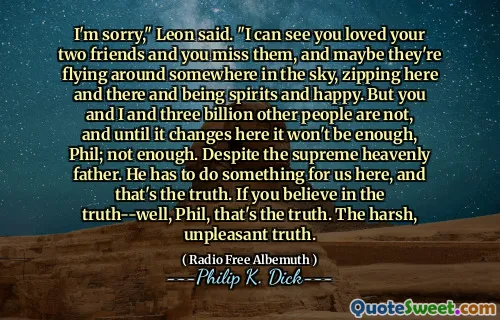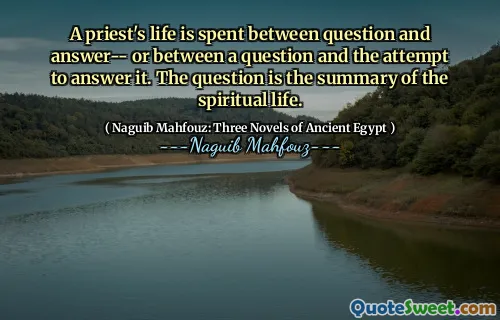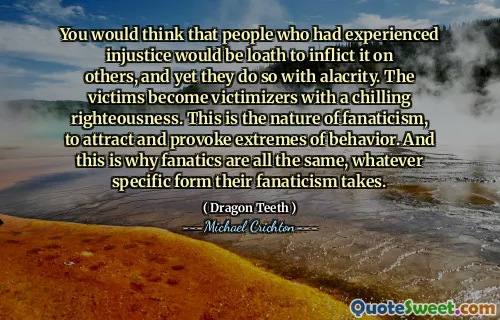
The Bible is the greatest book ever written.
The statement underscores the profound significance of the Bible as a cornerstone of spiritual, moral, and historical guidance for billions of people worldwide. Throughout history, the Bible has served as a foundational text that shapes religious beliefs, ethical standards, and cultural values. Its narratives, poetry, teachings, and proverbs offer timeless insights into human nature, divine justice, love, and compassion. Many consider it not just a religious document but also a literary masterpiece, filled with parables and stories that continue to inspire and challenge readers. The influence of the Bible extends beyond religious practice into art, literature, philosophy, and even law. Its messages of hope, forgiveness, and justice resonate across different societies and eras, making it relevant even today.
Furthermore, the Bible’s role in shaping moral frameworks and community life is unparalleled. For countless individuals, it provides comfort during times of hardship, guidance in decision-making, and a sense of purpose. Its teachings encourage reflection on one’s actions and relationships, fostering personal growth and societal harmony. While interpretations may vary, the Bible’s enduring presence signifies its importance as a universal guide that champions principles of love, mercy, and forgiveness. Recognizing it as the greatest book ever written amplifies its impact not merely as a compiled text but as a living document influencing generations.
In summary, calling the Bible the greatest book ever written speaks to its unparalleled influence on human civilization, its depth as a literary and spiritual work, and its ongoing role in shaping individuals and societies. It encourages us to explore, understand, and live by its teachings, making it a central part of spiritual and cultural development worldwide.











